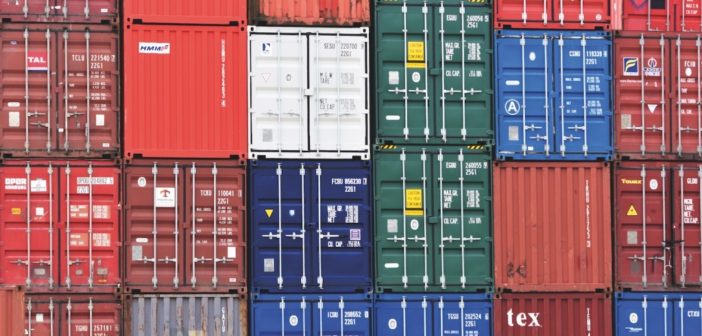In a new cross-industry report, the UK food and drink sector has called for a 12-month Covid-19 Recovery Visa to help alleviate the workforce shortages that are causing serious disruption across the whole of the supply chain and significantly increasing the cost of getting food to the public.
The report has been sent to government ministers and highlights the impact the pandemic and the UK’s post-Brexit immigration policy is having on the sector’s ability to recruit key workers. The report highlights an average vacancy rate of 13% and estimates there are more than 500,000 vacancies across food and drink businesses.
the report sets out clear ways government can help the food and drink industry to ensure continuity, quality and choice in the country’s food supply both in the immediate and medium-term, and overcome the current workforce challenges. These include:
- The introduction of a 12-month Covid-19 Recovery Visa which would enable all involved throughout the supply chain to recruit critical roles, such as HGV drivers, as a short-term response to labour shortages.
- Commitment to a permanent, revised and expanded Seasonal Worker Scheme for UK horticulture to ensure it is flexible and large enough to meet the industry’s workforce needs.
- An urgent review by the Migration Advisory Committee (MAC) on the impact of ending free movement on the food & farming sector, in the same way it is doing for adult social care.
NFU vice president Tom Bradshaw said: “Farm businesses have done all they can to recruit staff domestically, but even increasingly competitive wages have had little impact because the labour pool is so limited – instead only adding to growing production costs.
“A short term Covid Recovery Visa, alongside a permanent Seasonal Workers Scheme, would be an effective and, frankly, vital route to help the pressing needs of the industry today. It would also give us time to invest in the skills and recruitment of our domestic workforce, helping to provide long-term stability so we can recruit the people we need to continue to deliver quality, nutritious and affordable food for the nation.”
The Food and Drink Federation’s chief executive, Ian Wright CBE, said: “The report makes it crystal clear that today’s labour shortages are caused by a multitude of structural factors beyond those created by Covid-19 and the end of the Brexit transition period.
“The recommendations set out within this report, including the Covid Recovery Visa and measures to support domestic training and skills development, the adoption of new technologies and career promotion, provide industry and the Government with highly practical solutions.
“They will ensure that the food supply chain continues to thrive with a strong and skilled workforce. However, it is also evident that without fast action the labour challenges will continue. If they do, we can expect unwelcome consequences such as reduced choice and availability for consumers, increased prices, and reduced growth across the domestic food chain.”
Nick Allen, chief executive of the British Meat Processors Association, commented: “We have welcomed the opportunity to join with other sectors in the food industry to pull together a summary of the massive challenges we are all facing and to offer some immediate and practical solutions to government.”
Dr Judith Bryans, chief executive of Dairy UK, commented: “This report lays out clearly what Government support and interventions are now essential for the food and drink sector to address these issues and avoid a future of continued disruption. We’d strongly urge the Government to act upon the recommendations within this report.”
And Richard Harrow, chief executive of the British Frozen Food Federation, said: “Labour shortages throughout the food supply chain are creating a ‘perfect storm’ of increasing costs for our members. Whilst the long-term solution is to train more UK nationals, we will only avoid further disruption to food supplies and inflationary cost increases by taking the temporary visa measures this report is recommending.”




